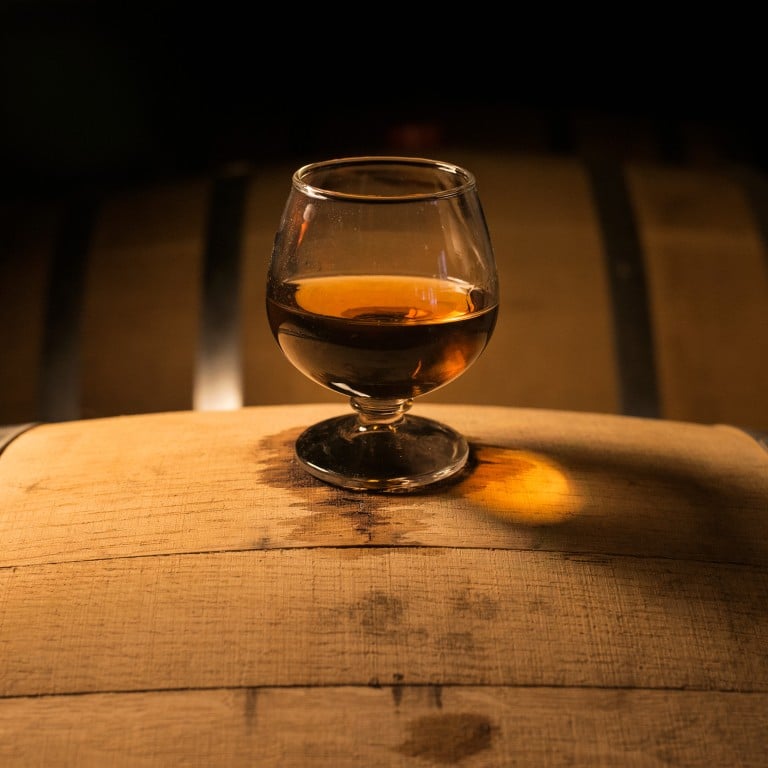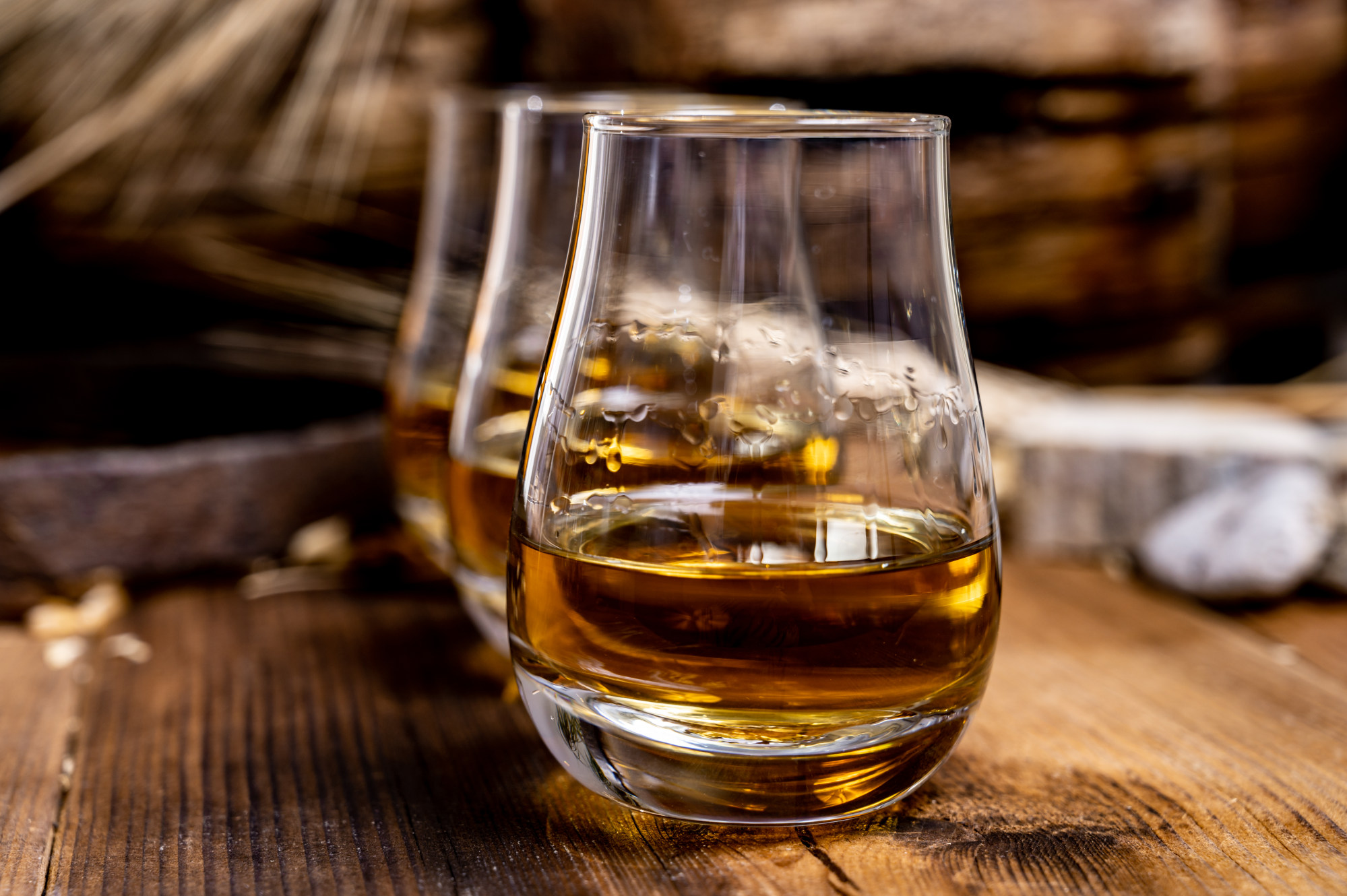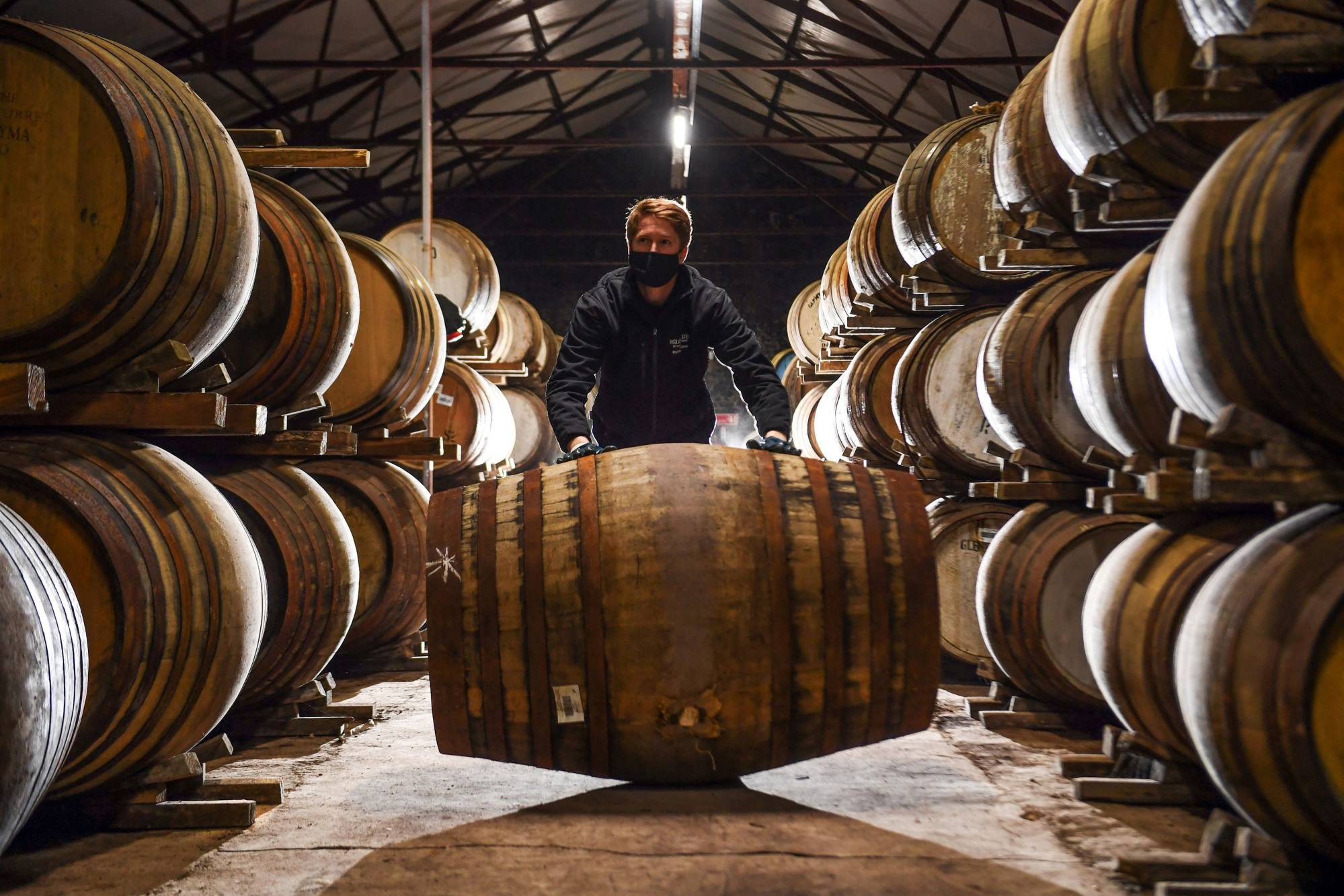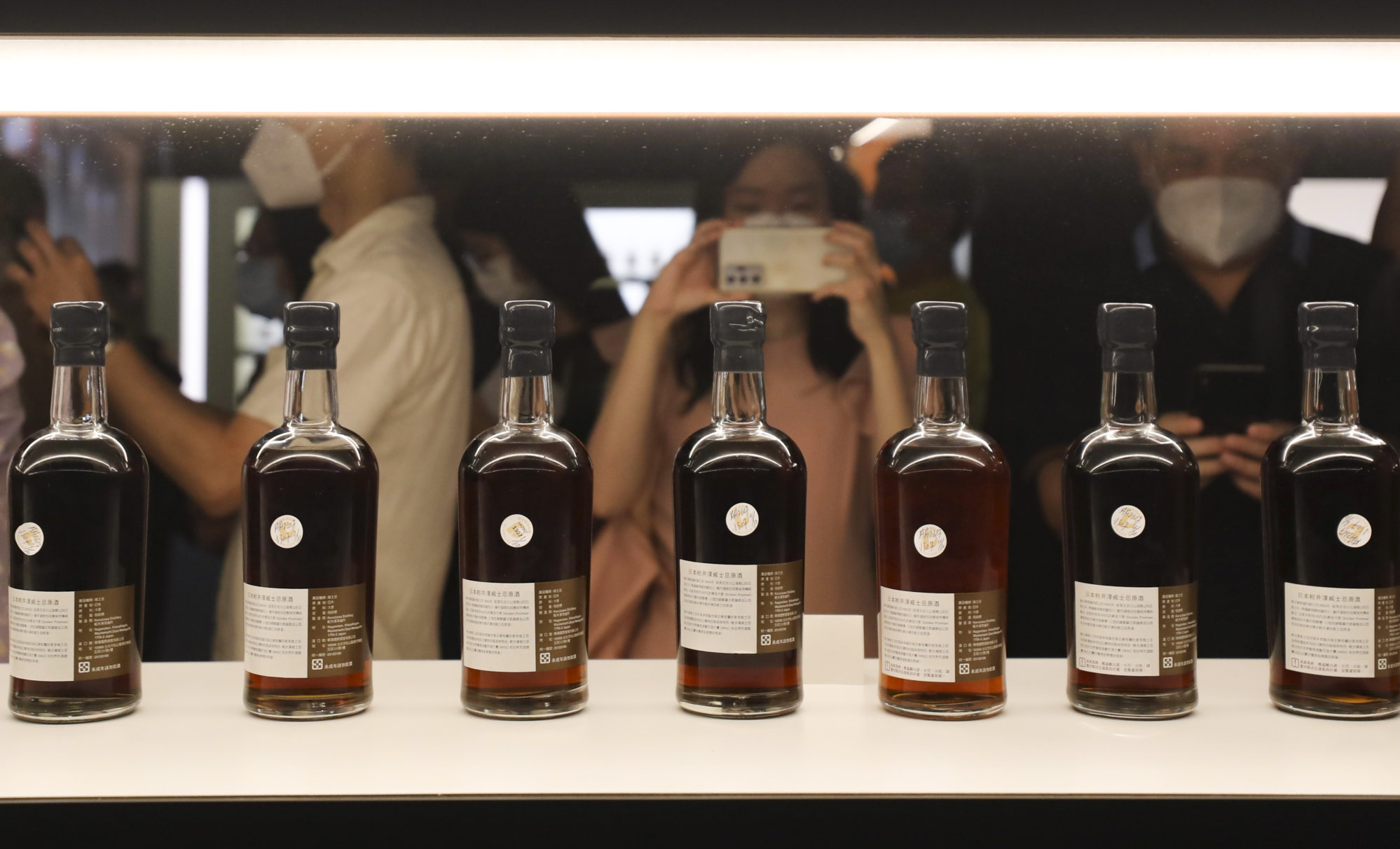Whisky is a better investment than wine – here’s how to start collecting: rare single malts gained four times their value in just 10 years, far faster than cars, watches or real estate

Whisky, rather than wine, is becoming the drink of choice for more occasions and the market has grown to support its rising cultural ubiquity. Not surprisingly, whisky is also being perceived as an extremely attractive investment prospect.
Business data provider Statista has it that total global whisky revenue increased from US$78.3 billion in 2012 to US$86.7 billion in 2019. And it’s projected to grow to US$105.7 billion by 2025 despite brief dips in 2020 and 2021, presumably because of the Covid-19 pandemic as well as the impacts on supply – particularly of grain – of the Russia-Ukraine war.

Property adviser Knight Frank’s “The Wealth Report 2022” shows that, as of the last quarter, rare whisky is by far its highest-performing luxury investment class, showing a 428 per cent growth over the last 10 years, even more so than cars (164 per cent), wine (137 per cent) and watches (108 per cent).
In fact the signs have been saying for some time already that whisky is an extremely attractive investment opportunity. The Platinum Whisky Fund, established in 2014, raised US$12 million from investors to trade in premium bottles and casks. When the fund wound down in 2021, it returned US$26 million to investors, representing a gross 17 per cent annual return.
How to start a whisky collection – and what fetches millions at auction
Despite the pandemic, Hong Kong now looks to be a potential new hub for whisky investment.

In 2021, investment platform Rare Whisky Holdings, co-founded by Li Hua Tan and Rickesh Kishnani, bought a 49 per cent stake in Whisky Hammer, a British auction site for the spirit.
“New distillery projects are in progress in almost all parts of the world,” said Kishnani, who was also a co-founder of the Platinum Whisky Fund. “The Chuan distillery by Pernod Ricard, which was opened in Emeishan, China, in 2021, represents a significant milestone, being one of the first to produce whisky in China,” he added.
Haigan Wong, co-founder and director of independent bottler Hong Kong Whisky, explained the spirit’s position as an alternative asset: “Like wine, whisky is a wasting asset and not subject to capital gains tax. There are risks to investing, prices and returns can rise and fall.
“But as an investment, it is open to members of all classes and industries. What can vary is what you want to buy, based on your budget, your intention or end-use, your expected returns and risk appetite. This forms the risk profile of a whisky investor.”

According to Kishnani, “The advantages of whisky as an asset class is that it is a physical asset that can be a passion investment [casks or bottles can be used for a combination of consumption, gifting, or reselling] and that currently shows 12-15 per cent returns historically.”
Those looking to break into the market have a few options including funds, auctions and personal purchases, but according to both Wong and Kishnani, the basics are essential. “When buying whisky as an investment, the focus is on what the maximum return is for your budget and time. What you like to drink may not necessarily be what sells well right now,” said Wong.
Why old Chinese tea leaves can be worth more than wine or whisky
For example, it is important to know whether you are getting into bottles or casks. “When looking at casks for investment, it is important to first understand that whisky only ages while in the cask and once bottled, all ageing stops,” Kishnani said.
Wong added: “Choosing the right cask and right source to buy from is important because you potentially may be holding the cask for decades, so you have to be very careful when selecting. You want some flexibility from the person helping you to buy it, especially if you know very little about what you’re about to buy. Bottle investment is a bit different, you have to think more carefully about storage, casing, etc. The humidity in Hong Kong also has a drastic effect on bottles.”

Hong Kong Whisky takes stock of a client’s investment profile – budget, time frame, risk appetite, preferences (bottles or casks) and intentions for the whisky (store it, drink it, bottle it, experiment/put it into different casks). They then take care of all costs and information, charging fees for selection and purchase, and then add services like storing, transporting, re-racking (putting whisky into a new cask for further ageing) and more.
Being well informed is crucial, and Kishnani has several tips for the beginner:
-
Get a fresh sample and regauge report from distilleries – a distillery not wanting to provide these is a red flag.
-
Understand the costs for storage, bottling, insurance and access to the cask.
-
A signed delivery order verified by the warehouse is the only reliable proof of cask ownership – company certificates aren’t enough.
-
Only companies with an HMRC Duty Representative Licence can legally manage your casks as a third party outside the UK.
-
Make sure to do a background check and obtain references for all parties in the deal.
“Authenticity and independence are hard to ascertain as well. It’s an approachable market, it can support capital investment and it will grow with a wide assortment of products, but the fund cap has to be large enough, depending on your expected returns,” Wong added.

It’s a lot of legwork and technical knowledge to understand what you are investing in, which should make the market ripe for those with the backing of institutions. “You can speculate on what will sell. You can identify your ROI based on spending, do the spread and calculate the risk, but the general public tends to buy for fun, for their own consumption. That’s a different approach. The speculative approach is raw and cold by comparison,” Wong said.
Spirited debate: can biodynamic farming really improve the taste of whisky?
However, it seems that even established traditional investors may not view the market this way. “I have been asked directly to create whisky products for institutional investors [as large as US$500 million] but have always replied that it is simply not possible because of the lack of supply of rare single malt whisky,” Kishnani said.
“Family offices look for double-digit returns in an alternative asset that is also safe and uncorrelated to the rest of their investment portfolio. However, they also care about the experience that is being offered. They want direct access to some of the whisky for their own consumption and gifting, and they want special access and experiences in Scotland – which we can now start providing again as global travel is reopening,” Kishnani added.

- With 428 per cent growth in the past decade, rare whisky is by far its highest-performing luxury investment – shooting past cars (164 per cent), wine (137 per cent) and watches (108 per cent)
- But there’s a few things to consider before selling your stocks – bottle or cask? Budget, time frame, risk appetite? Store it, drink it, bottle it? We have (some of) the answers